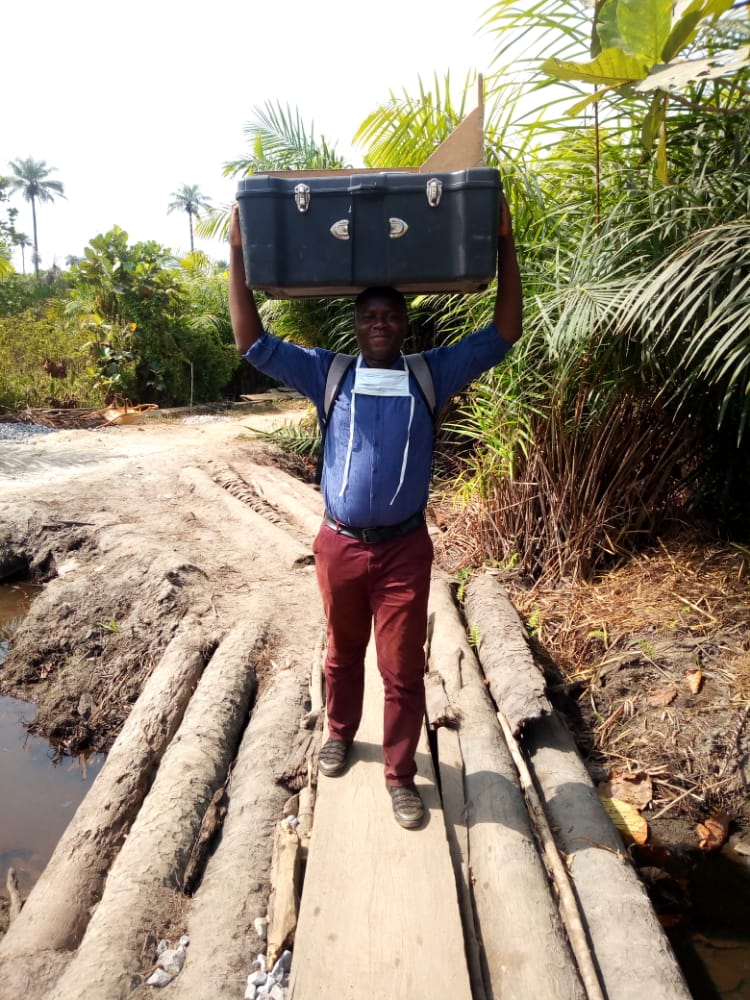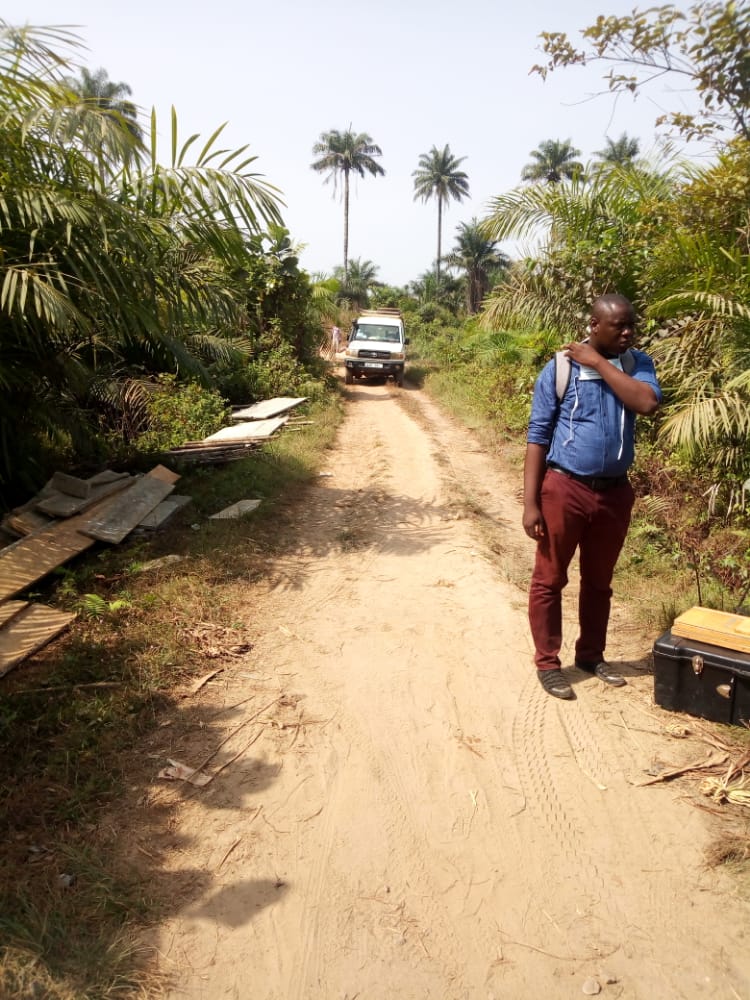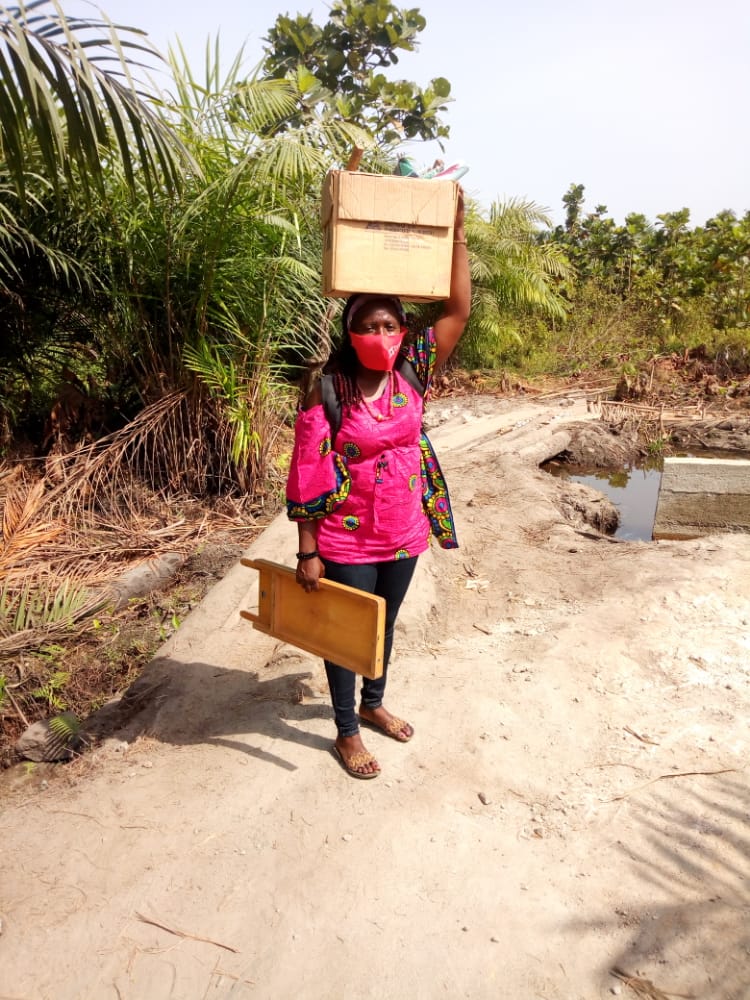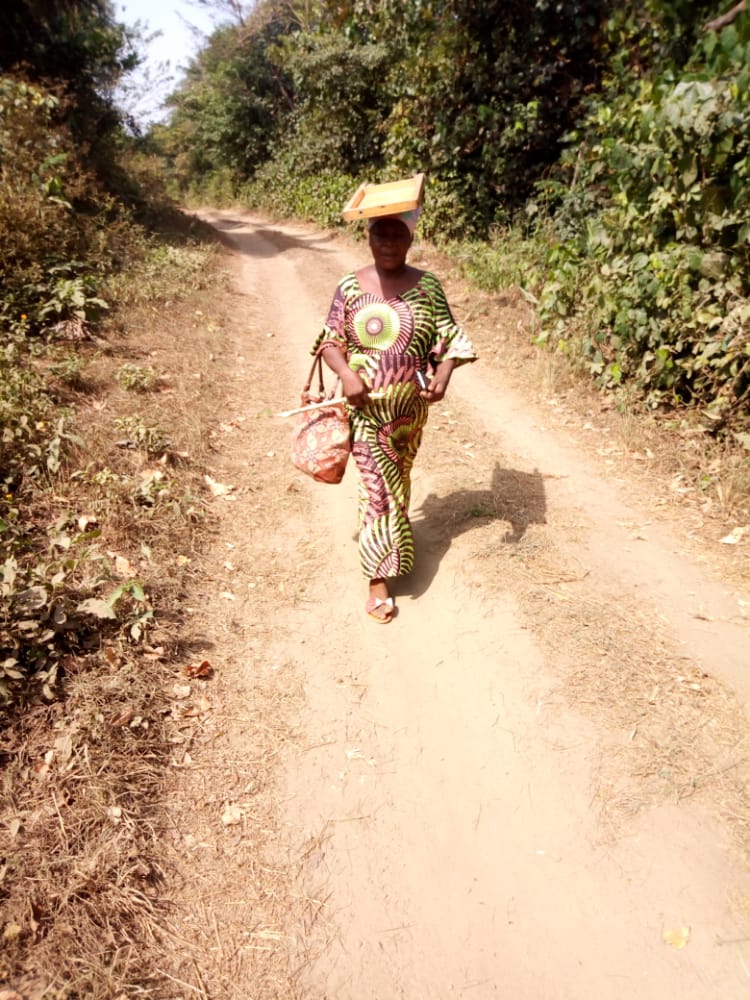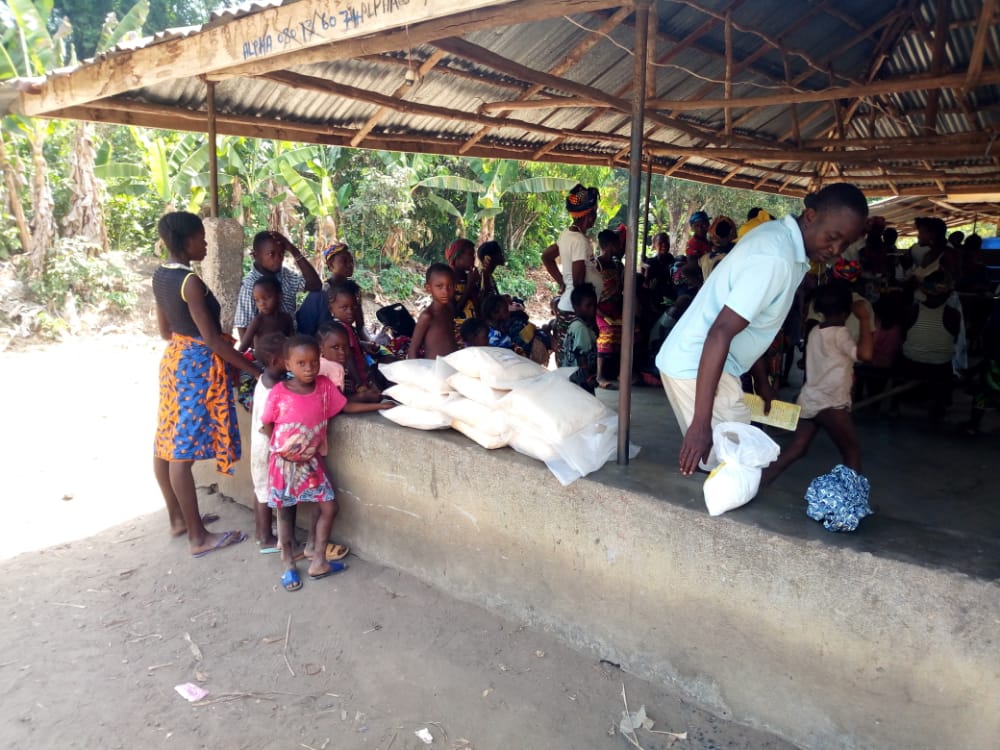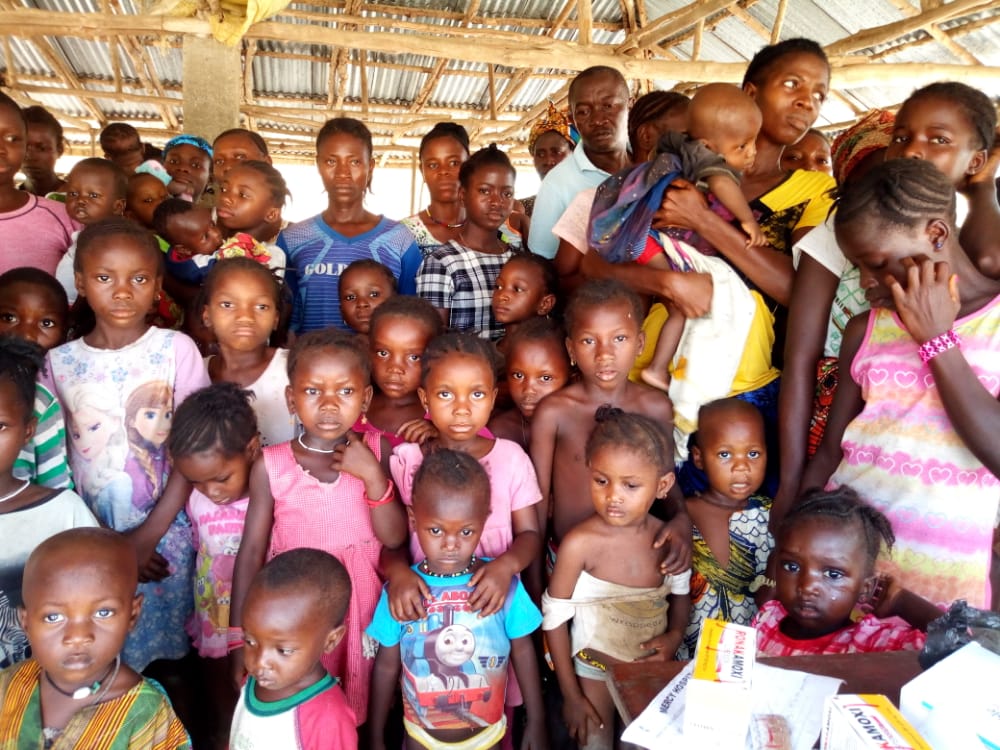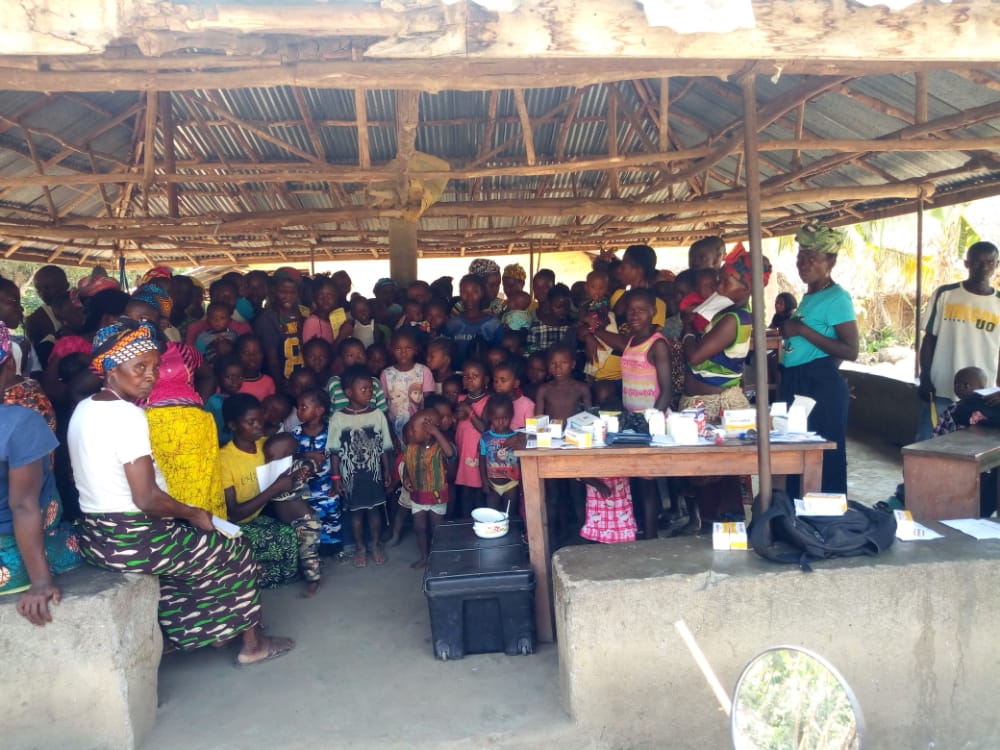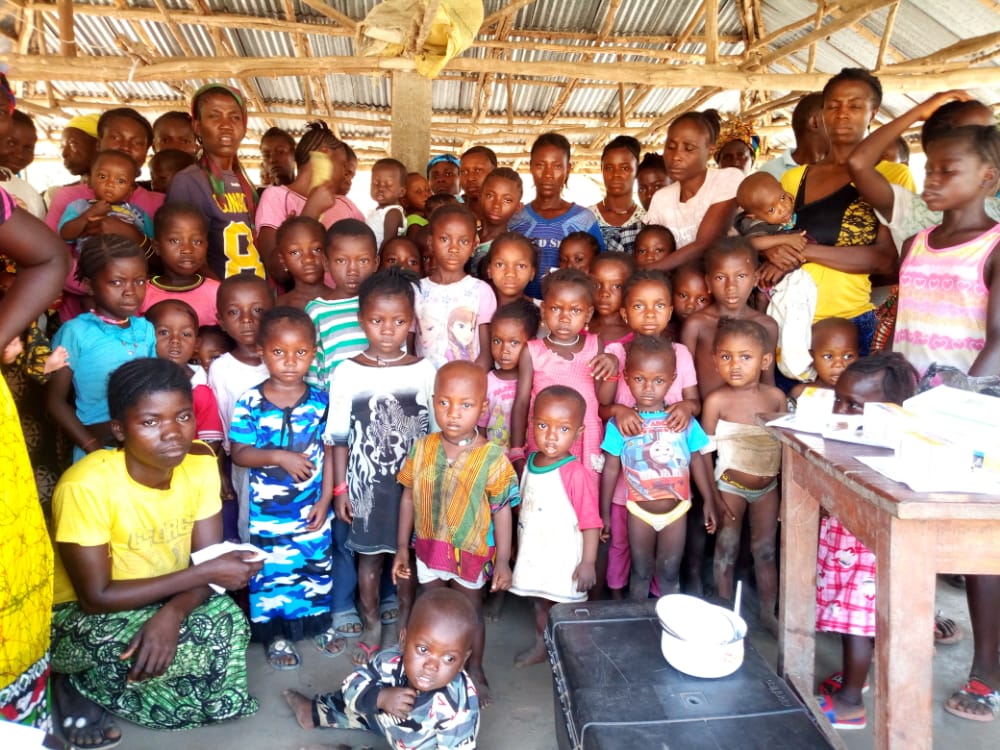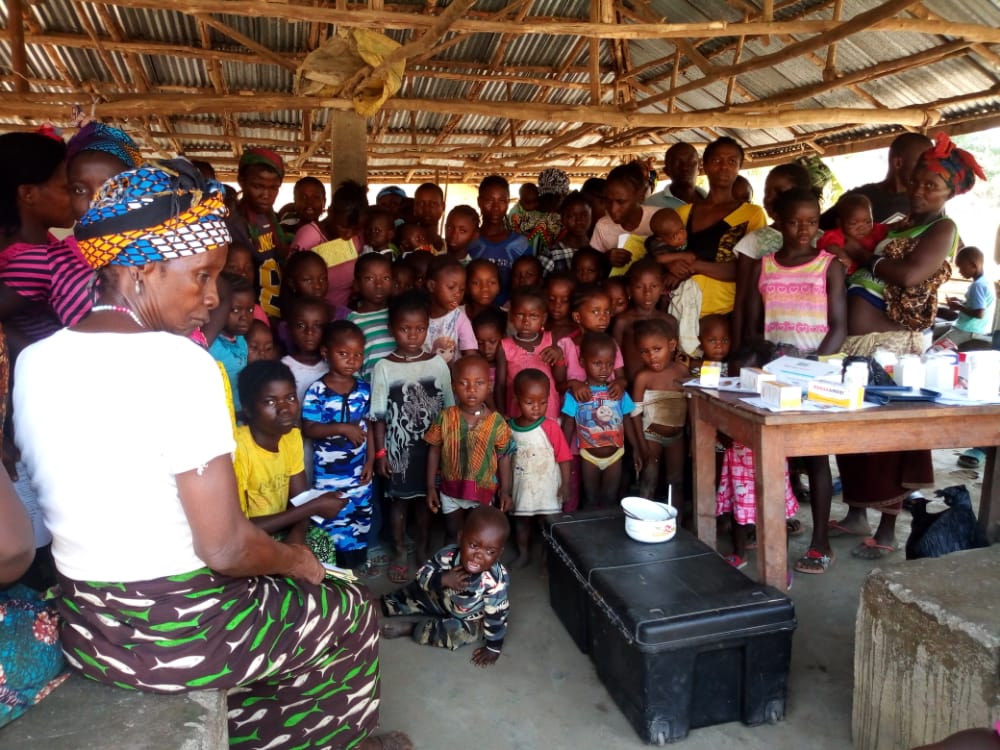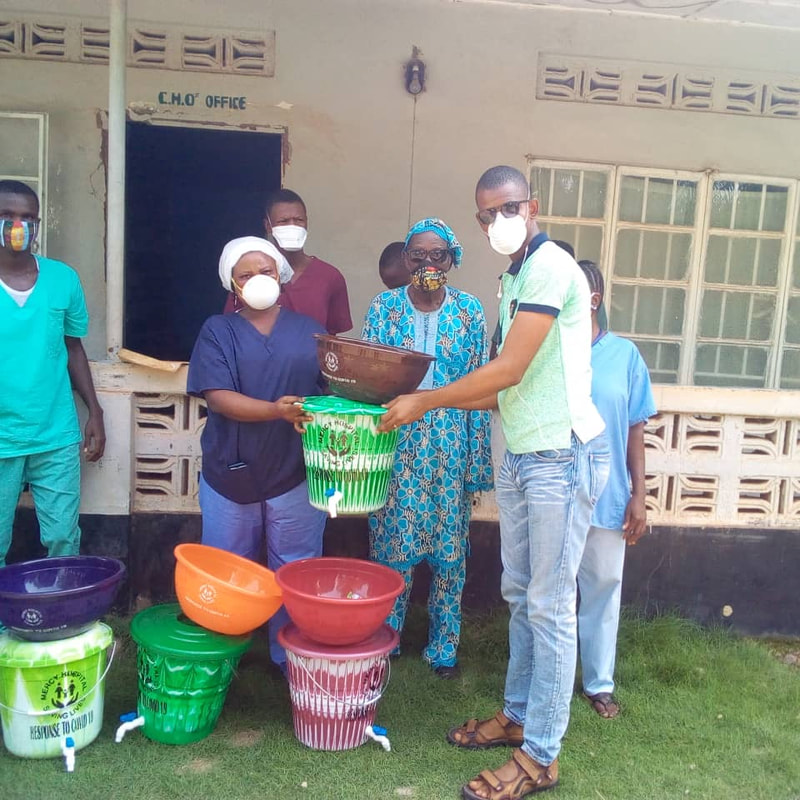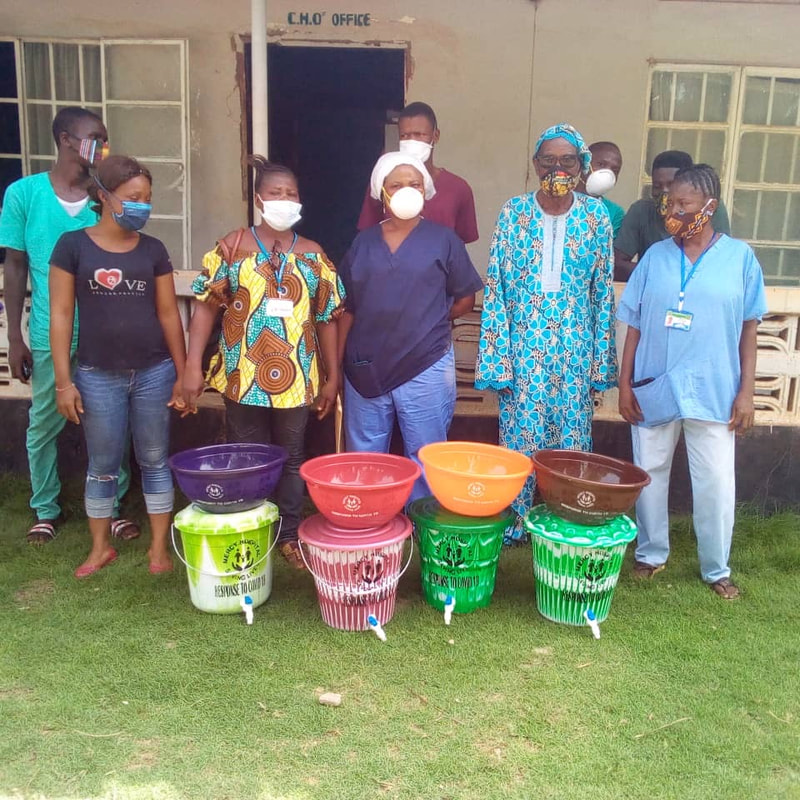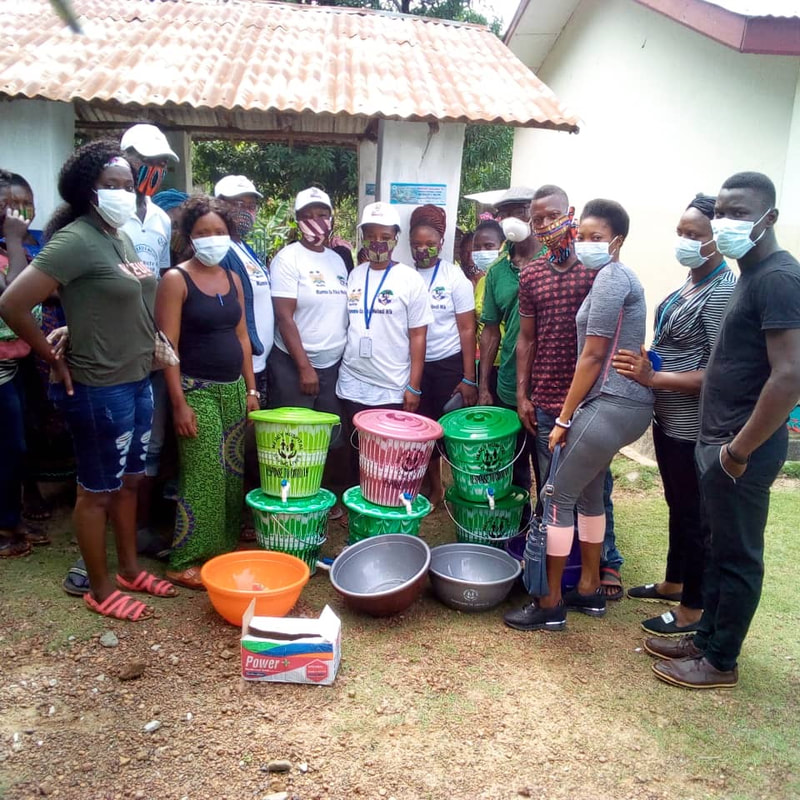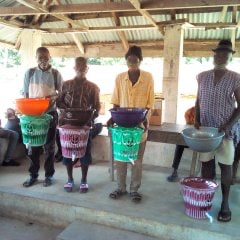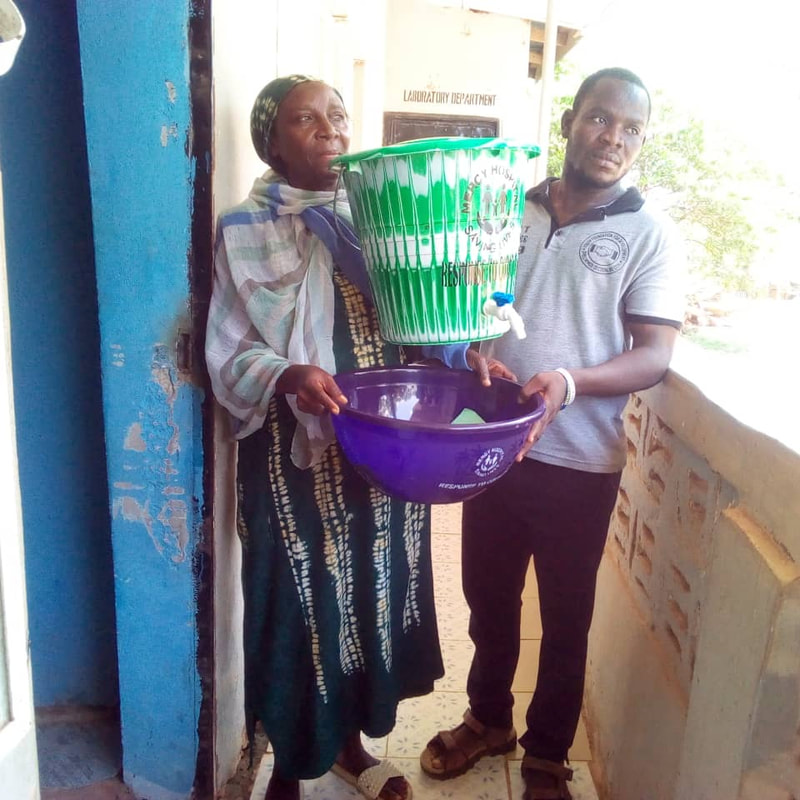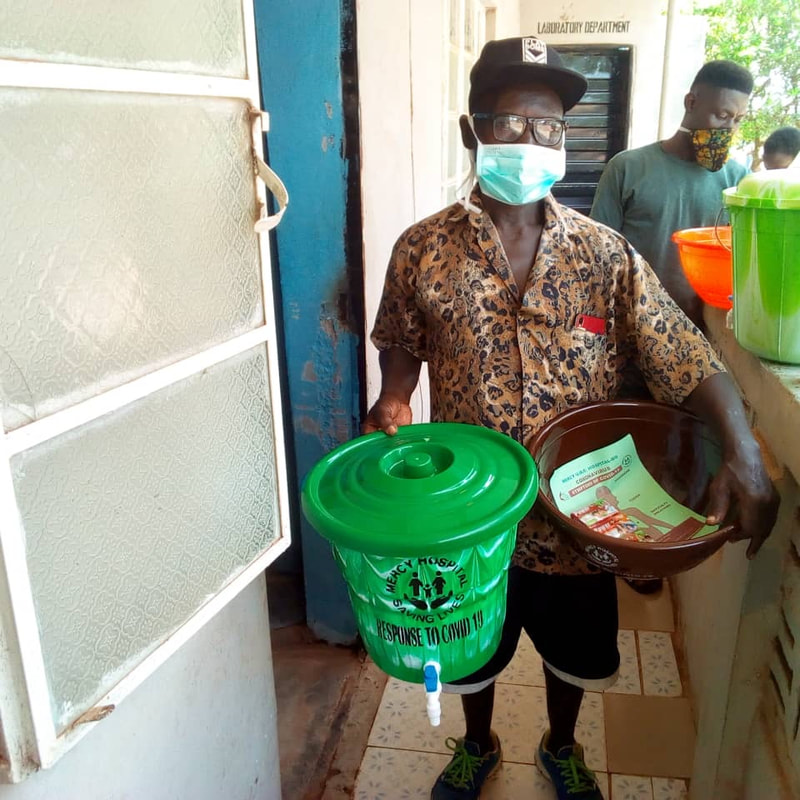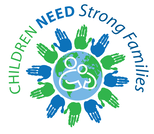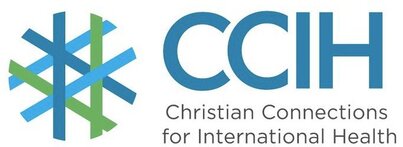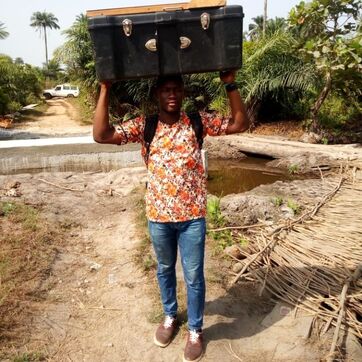 Mercy Hospital's mobile outreach team was scheduled to visit Fengehun village last Thursday to provide health care services such as malnutrition screening, prenatal examinations, malaria testing and treatment, and HIV testing. Unfortunately, the team was met with a road block, making it impossible to drive the ambulance all the way to the village. So they got out of the ambulance and walked, carrying all the equipment needed to provide care to the village. That's dedication!
0 Comments
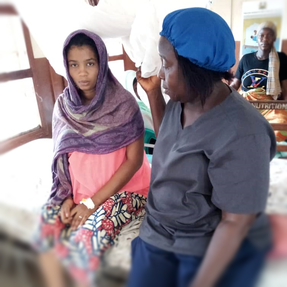 Salamatu, aged 24 and in late term pregnancy, came to the hospital with a high fever. She was examined by the midwife on duty and admitted. She was diagnosed with a severe malaria infection and given drug treatment. Much improved, Salamatu was discharged to await the onset of labor, with the encouragement to always sleep under a treated mosquito net. "I'm pleased with the care I received and glad I entrusted myself to Mercy," Salamatu said. Malaria is endemic in Sierra Leone and is one of the leading causes of maternal death. Children under five are also highly susceptible to infection, illness and death from malaria. The disease contributes to close to twenty percent of child mortality. Malaria is caused by five species of single-cell parasites that are transmitted by the bite of female Anopheles mosquitoes. 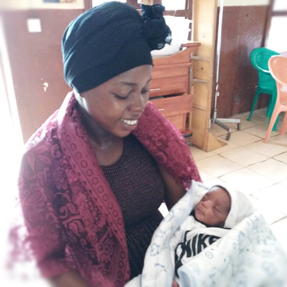 Sia was very late in her pregnancy when she came to the hospital with slight bleeding. An ultrasound scan revealed placenta previa (placenta covering the opening of the cervix) necessitating an emergency caesarian section. Sia's healthy baby boy was quickly delivered and she received a unit of blood. Mother and baby were fine at discharge. "Thank you for saving both of our lives, especially my precious baby," Sia told the Mercy surgical team. Placenta previa is not that common in Sierra Leone, and the cause is not well known, but contributing factors can include maternal age over 35, more than four pregnancies, or a history of uterine surgery. Surgery was necessary to save both the life of Sia and her baby. 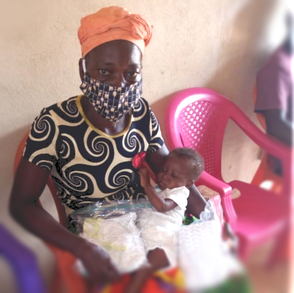 On outreach to Mahuama village, the Mercy team encountered Apea, a severely malnourished infant whose mother had died in labor. Having no money to provide for the child, the caregiver brought tiny Apea to the community health post where the CHO Ishmael diagnosed the child with malaria and malnutrition. Apea was treated for malaria and enrolled in Mercy's nutrition program. Matron Augusta gave the caregiver baby clothes, diapers and blankets, and instructed her how to feed the baby "pikin mix," Mercy's prescribed nutritional supplementation, similar to Plumpy'nut. The caregiver was given a supply of pikin mix to feed the baby and a return date for the nutrition clinic. Sierra Leone has one of the highest rates of child malnutrition, caused primarily by extreme poverty. Fighting early childhood malnutrition is one of Mercy Hospital's primary missions, graduating approximately 25 now-healthy infants and toddlers from the program each month. 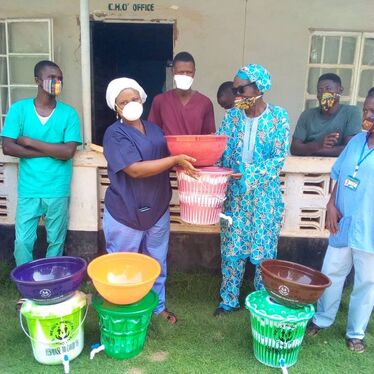 Mercy Hospital continued distribution of Veronica buckets for handwashing stations, as well as other hygiene supplies, to villages in the catchment areas served by mobile outreach. Catchment centres that benefited from the distribution: 1. Lewabu, covering Mendewa Layout, Mosakpa, Johnny Layout, Kowama, and Joe town 2. Senbehun Selenga, covering Flawahun, Mabondo, Majiama, and Baoma 3. Gbongboma, covering Massahun, Faala, Sembuya, Kuogebu, Ngonbu, Danddoima, and Korwama 4. Kpetema,, covering Jalehun, Jabama and Banda 5. Baoma, Lagabu, and Kigbai |
Follow us on social media
Archive
July 2024
Click the button to read heartfelt tributes to a beloved Bishop, co- founder of our mission!
Post
|
Helping Children Worldwide is a 501 (c) 3 nonprofit organization | 703-793-9521 | [email protected]
©2017 - 2021 Helping Children Worldwide
All donations in the United States are tax-deductible in full or part. | Donor and Privacy Policy
©2017 - 2021 Helping Children Worldwide
All donations in the United States are tax-deductible in full or part. | Donor and Privacy Policy

